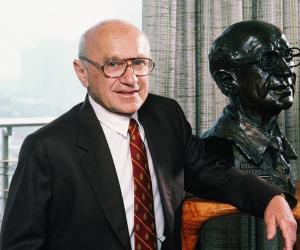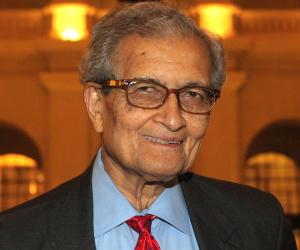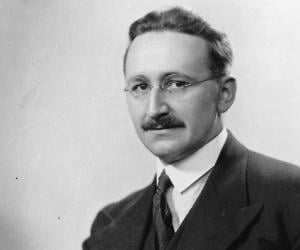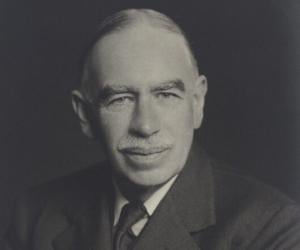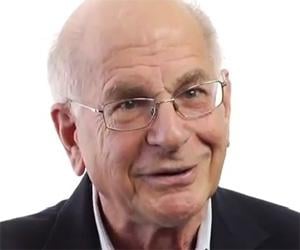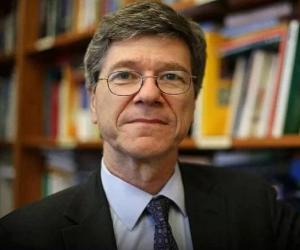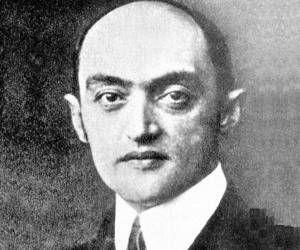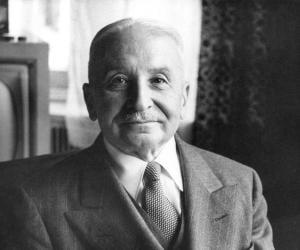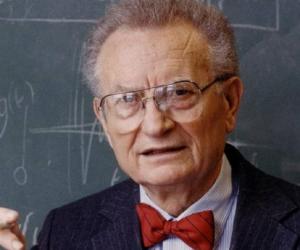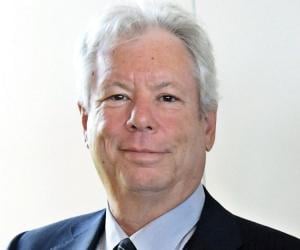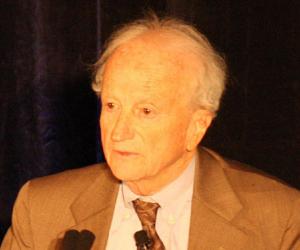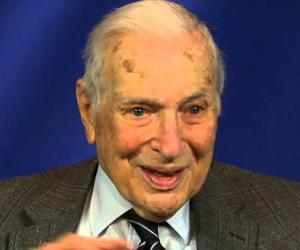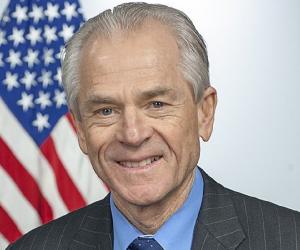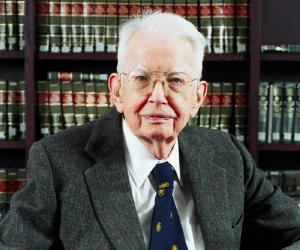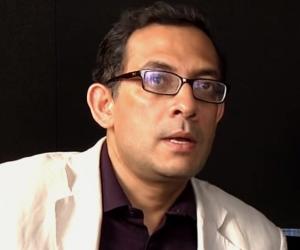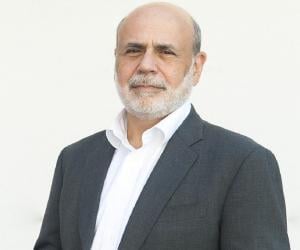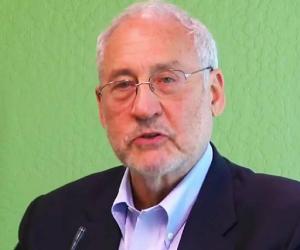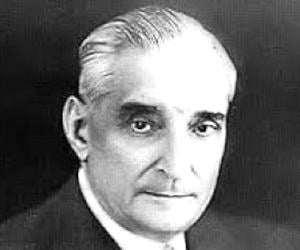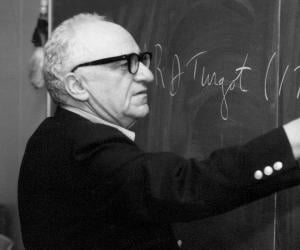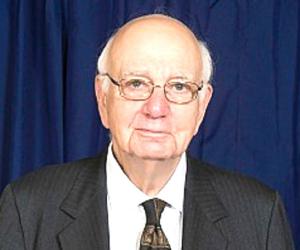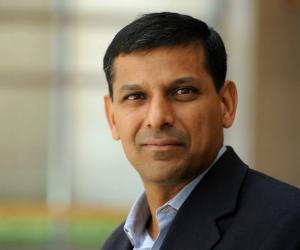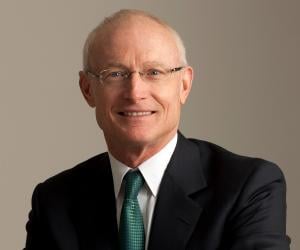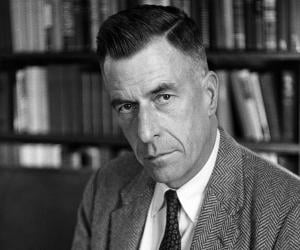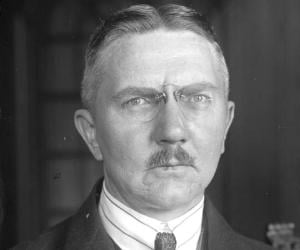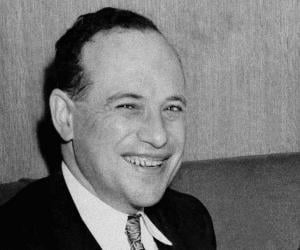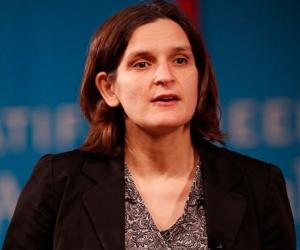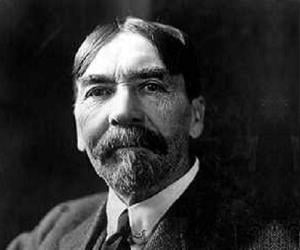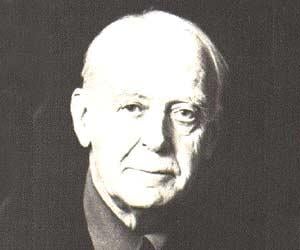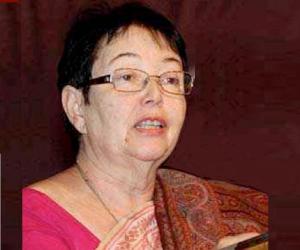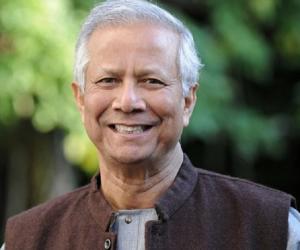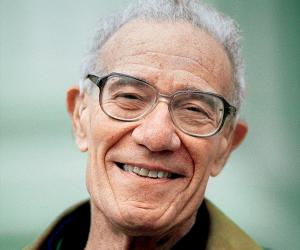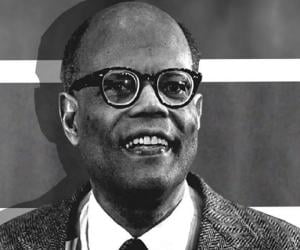Milton Friedman was an American economist. Widely regarded as one of the most influential economists of the 20th century, Friedman was honored with the Nobel Memorial Prize in Economic Sciences in 1976. One of the most influential personalities of the Chicago school of economics, Friedman mentored people like Gary Becker and Thomas Sowell who went on to become leading economists.
A winner of the Nobel Memorial Prize in Economic Sciences, Friedrich von Hayek, was an advocate of classical liberalism. The Austrian-British economist, who was also a political philosopher, co-founded the Mont Pelerin Society. He worked at the London School of Economics, the University of Chicago and the University of Freiburg and authored the popular book, The Road to Serfdom.
John Maynard Keynes was an English economist. His ideas are credited with changing the theory and practice of the economic policies and macroeconomics of governments at a fundamental level. Counted among the 20th century's most influential economists, Keynes' ideas are the basis for Keynesian economics. In 1999, he was named in Time magazine's Most Important People of the Century list.
Daniel Kahneman is an Israeli economist and psychologist. He was honored with the 2002 Nobel Memorial Prize in Economic Sciences for his work on behavioral economics. In 2011, Kahneman was named among the top global thinkers by Foreign Policy magazine. In 2015, Daniel Kahneman was ranked seventh in the most influential economist in the world list published by The Economist.
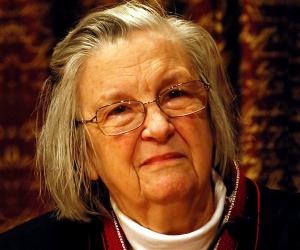
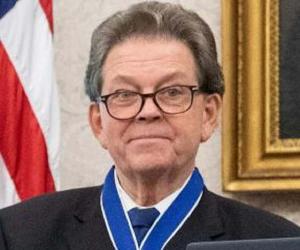
Yale and Stanford alumnus Arthur Laffer is now one of the greatest economists of the U.S. Best known for his Laffer curve and his theory of taxes that explained how low tax rates could eventually provide higher revenues, he has been crucial to the American tax system.
British-American economist and Nobel laureate Ronald Coase was a significant figure of new institutional economics. As a child, he attended a school for the disabled due to weakness in his legs. The Chicago Law School professor is remembered for his iconic essays such as The Nature of the Firm.
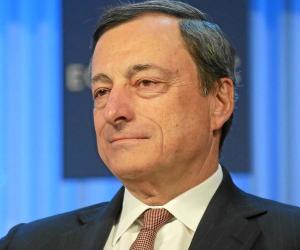
The son of a banker father, Italian economist Mario Draghi initially served as the president of the European Central Bank and the Bank of Italy governor, and is the current prime minister of Italy. The media named him Super Mario for efficiently handling the Eurozone debt crisis.
Born to economics professor parents, Abhijit Banerjee grew up in India before he moved to the U.S. to study at Harvard. He later taught at Harvard and Princeton and is now associated with MIT. His studies on the ways of reducing world poverty won him a Nobel Prize.
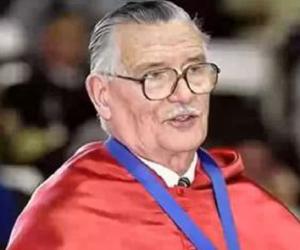
Ben Bernanke is an American economist who served two terms as the chair of the Board of Governors of the Federal Reserve System from 2006 to 2014, during which he supervised the Federal Reserve's response to the global financial crisis (GFC). For his efforts during GFC, Ben Bernanke was named Time Person of the Year in 2009.
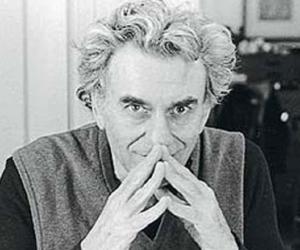
Nobel laureate Joseph E. Stiglitz is best known for his work on the theory of markets with asymmetric information. The MIT alumnus has taught at prestigious institutes such as Harvard and Stanford and currently teaches at Columbia University, He has been an economic advisor to the U.S. government, too.

Economist Paul Krugman, who has taught at Yale, MIT, and Princeton, later won the Nobel Memorial Prize in Economic Sciences, primarily for his work on the new trade theory and economic geography. He has also gained popularity for his op-ed column in The New York Times.
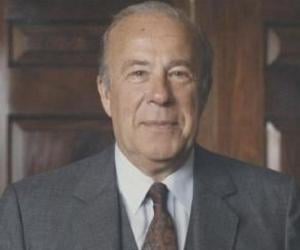
Raghuram Rajan is an Indian economist who served as the Governor of the Reserve Bank of India from 2013 to 2016. He also served as the 15th Chief Economic Adviser to the Government of India. For his significant contribution in the field of economics, Raghuram Rajan was honored with the Fischer Black Prize by the American Finance Association in 2003.
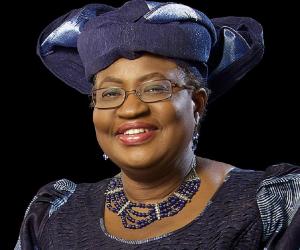
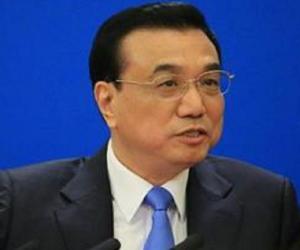
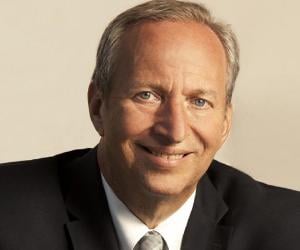
Apart from being the president of Harvard, Lawrence Summers has also been the U.S. secretary of the treasury, the World Bank’s chief economist, and the NEC director. The MIT alumnus became one of the youngest tenured faculty members at Harvard. He also writes regularly for The Washington Post.
John Kenneth Galbraith was an intellectual, diplomat, economist, and public official. One of the most influential exponents of 20th-century American liberalism, Galbraith published many books concerning the American economy. Galbraith is one of the few individuals to be honored with the Presidential Medal of Freedom and the Medal of Freedom. He also received 50 honorary degrees from various institutions.
German banker Hjalmar Schacht was appreciated for his role in saving the Weimar Republic from inflation and later served as the Reichsminister of Economics under Adolf Hitler. Following as assassination attempt on Hitler, her was imprisoned, but was later freed and then set up his own bank in Düsseldorf.
Esther Duflo is a French–American economist. She is credited with co-founding the Abdul Latif Jameel Poverty Action Lab, a global research center that works towards reducing poverty worldwide. In 2019, she shared the Nobel Memorial Prize in Economic Sciences with Michael Kremer and Abhijit Banerjee for their efforts to reduce poverty.
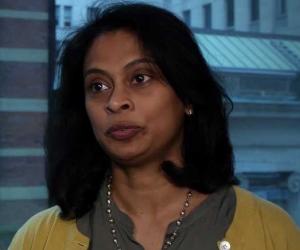
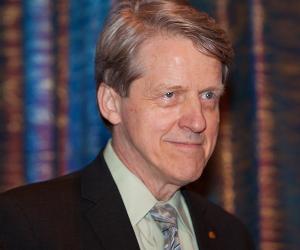
Noted British economist Sir John Hicks, counted among the leading economists of the twentieth century, made significant contributions to general equilibrium theory and welfare theory for which he jointly received the Nobel Memorial Prize in Economic Sciences. His book Value and Capital is regarded as a classic exposition of microeconomic theory and includes extension of general equilibrium theory.

Born to Egyptian parents in New York, Mohamed A. El-Erian grew up in the U.S., Egypt, and France, with his diplomat father. Educated at Cambridge and Oxford, he later served as the CEO of PIMCO. Apart from being a Bloomberg columnist, he has also written bestsellers such as When Markets Collide.
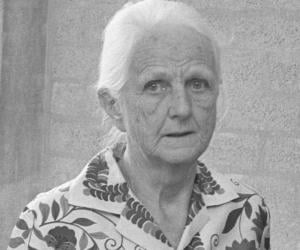
Post-Keynesian economist Joan Robinson specialized in monetary economics and is remembered for her research and academic activities in India, China, and Korea. Initially a Cambridge lecturer, she later taught at Girton College and became the first woman to be made an honorary fellow of King's College.
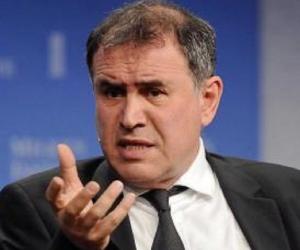
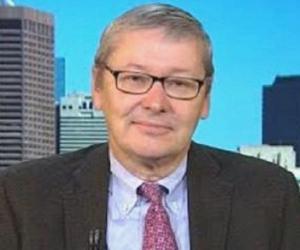
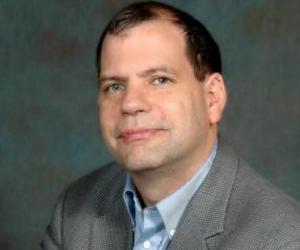
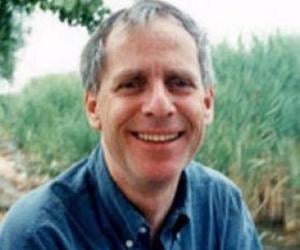
Amos Tversky was an Israeli cognitive and mathematical psychologist. He is known for his contribution to the discovery of systematic human cognitive bias. The son of a social worker and politician, he received his doctorate from the University of Michigan before embarking on an academic career. He worked closely with his longtime collaborator, Daniel Kahneman, and wrote several papers together.
